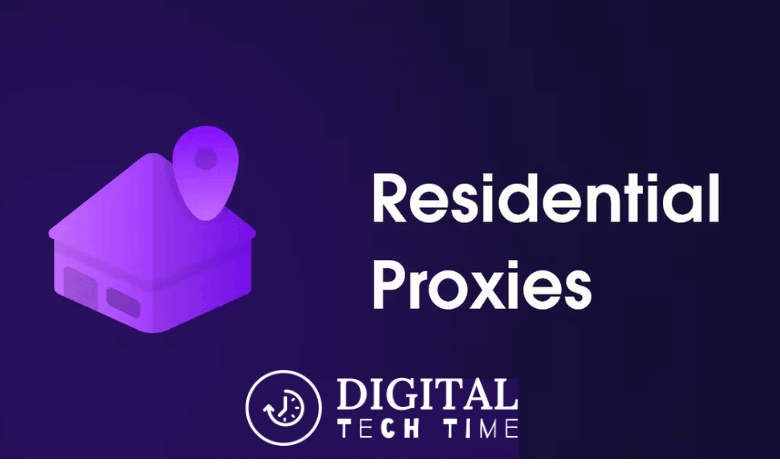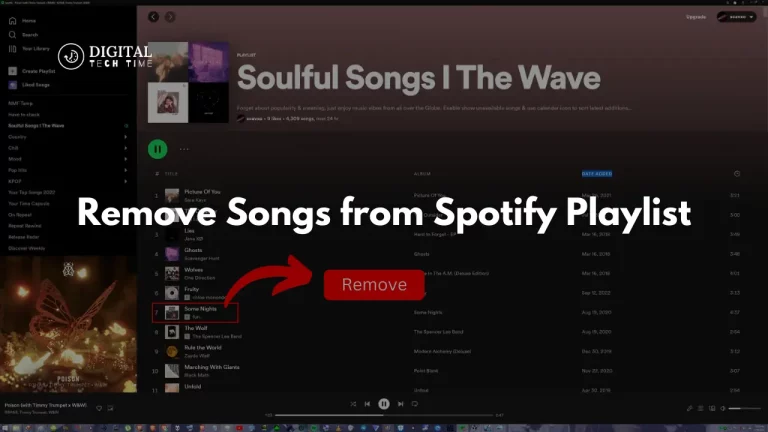Unlock Internet Freedom with Residential Proxies: A Guide
Unlock the power of the internet like never before with residential proxies. Learn what they are, why you need them, and how to choose the right one for you.
The internet is a vast universe filled with endless possibilities. But have you ever felt restricted or limited while navigating this digital cosmos? Enter the world of Residential Proxies, your golden ticket to a seamless and more secure online experience.
What is a Residential Proxy?
A residential proxy is a type of internet connection that allows you to mask your IP address with another homeowner’s IP. This enables you to browse the web as if you were in a different location, providing a layer of security and anonymity.
Why Use a Residential Proxy?
There are numerous reasons to use a residential proxy, ranging from enhanced security to bypassing geo-restrictions. Here are some compelling reasons why you should consider using one:
- Anonymity: Residential proxies provide an excellent way to hide your online activities.
- Geo-Spoofing: Access content that is restricted in your region.
- Data Scraping: Safely collect data without getting blocked.
- Online Marketing: Conduct competitor research without revealing your identity.
How Does a Residential Proxy Work?
Understanding the mechanics of a residential proxy can seem daunting, but it’s quite straight forward. When you connect to a residential proxy, your internet traffic is routed through another user’s home network. This masks your original IP address, making it appear as though the traffic is coming from a different location.
Types of Proxies: Residential vs. Data Center
When it comes to proxies, not all are created equal. The two main types you’ll encounter are residential and data center proxies. So, what’s the difference?
Residential Proxies
- Authentic IP Addresses: These are real IP addresses provided by Internet Service Providers (ISPs) to homeowners.
- High Anonymity: Extremely difficult to detect, making them ideal for tasks requiring high levels of anonymity.
- Cost: Generally more expensive due to the legitimacy of the IP addresses.
Data Center Proxies
- Artificial IPs: These IPs are not associated with an ISP but are created in data centers.
- Low Anonymity: Easier to detect and block, especially for sophisticated systems.
- Cost: Usually cheaper but less reliable for high-stakes tasks.
The Legality of Using Residential Proxies
Is it legal to use a residential proxy? The short answer is yes, but with caveats. While using a proxy itself is not illegal, the activities you engage in while using one could be. Always make sure you’re abiding by the law and terms of service of the websites you’re interacting with.
How to Choose the Right Residential Proxy Provider
Choosing the right provider is crucial for a smooth proxy experience. Here are some factors to consider:
- Reliability: Look for providers with a track record of uptime and performance.
- Speed: A slow proxy is a useless proxy. Test the speed before committing.
- Customer Support: 24/7 customer support can be a lifesaver.
- Pricing: Make sure you’re getting value for your money.
Top 5 Residential Proxy Providers
If you’re in the market for a residential proxy, here are some top providers to consider:
- Soax: Known for high-speed connections and excellent customer service.
- BrightData: A balanced option offering both speed and security.
- SmartProxy: Ideal for businesses with robust security features.
- LucProxy: Offers a wide range of geo-locations and competitive pricing.
- IPRoyal: Great for individual users, with affordable plans.
Setting Up a Residential Proxy
Setting up a residential proxy is generally straightforward. Here’s a step-by-step guide to get you started:
- Choose a Provider: Based on your needs, select a suitable provider.
- Register and Purchase: Follow the registration process and purchase a plan.
- Configuration: Use the provided credentials to configure the proxy settings on your device.
- Test: Always test the connection to ensure it’s working as expected.
Common Mistakes to Avoid
While residential proxies offer a plethora of advantages, there are pitfalls you should steer clear of:
- Overusing a Single IP: This can lead to the IP getting blacklisted.
- Ignoring Bandwidth Limits: Always be aware of any bandwidth limitations to avoid extra charges.
- Neglecting Security: Always opt for providers that offer high-level encryption and security protocols.
Residential Proxies for Businesses
In the corporate world, residential proxies are not just a luxury but often a necessity. Here’s why:
- Market Research: Safely gather data on competitors without raising red flags.
- Ad Verification: Ensure your ads are displayed correctly and in the right locations.
- SEO Monitoring: Keep tabs on your search engine rankings in different regions.
Residential Proxies for Individuals
For the everyday internet user, residential proxies can be just as beneficial:
- Online Shopping: Snag those limited-release items by bypassing restrictions.
- Streaming: Access geo-restricted content from streaming services.
- Privacy: Keep your online activities private and secure.
Speed and Performance
One of the most critical factors when choosing a residential proxy is speed. A slow proxy can be incredibly frustrating and counterproductive. Always opt for a provider that offers high-speed connections and minimal latency.
Security Features
Security should never be compromised. Look for features like:
- Encryption: Ensures your data is unreadable to third parties.
- Authentication: Requires verification before granting access.
- No Logs Policy: Guarantees that your activities are not recorded.
Cost and Pricing
Residential proxies can range from affordable to quite expensive. It’s essential to balance cost with features to ensure you’re getting the best deal.
- Monthly Plans: These are suitable for long-term needs.
- Pay-as-you-go: Ideal for short-term or one-off tasks.
Free vs. Paid Residential Proxies
While free options are tempting, they often come with limitations:
- Speed: Free proxies are generally slower.
- Security: Your data may not be as secure.
- Reliability: Expect frequent disconnections and downtime.
FAQs
What is the primary purpose of a residential proxy?
The main aim is to provide anonymity and a different geographical location when browsing the internet. This is useful for a variety of applications, from data scraping to accessing geo-restricted content.
Can I use a residential proxy for online shopping?
Yes, residential proxies are excellent for bypassing geo-restrictions on online shopping websites, allowing you to access deals and products not available in your region.
Are residential proxies legal?
Using a residential proxy is generally legal, but it depends on what you’re using it for. Always make sure to comply with the law and the terms of service of the websites you’re interacting with.
How do I set up a residential proxy?
Setting up involves choosing a provider, registering for their service, and then configuring your device’s settings to route traffic through the proxy.
Do residential proxies affect internet speed?
While a proxy might add a slight delay due to the rerouting of traffic, a high-quality residential proxy should have a negligible impact on speed.
What’s the difference between a free and a paid residential proxy?
Free proxies are often slower, less secure, and less reliable than their paid counterparts. If you’re serious about using a residential proxy, a paid option is generally better.
Read more about residential proxy article, you can understand better.
Conclusion
Navigating the digital world with freedom and security is no longer a luxury but a necessity. Residential proxies offer a robust solution for both businesses and individual users looking to make the most out of the internet. From enhanced security features to the ability to access geo-restricted content, the benefits are manifold. As with any technology, it’s crucial to do your research and choose a provider that aligns with your needs and budget. Happy browsing!







